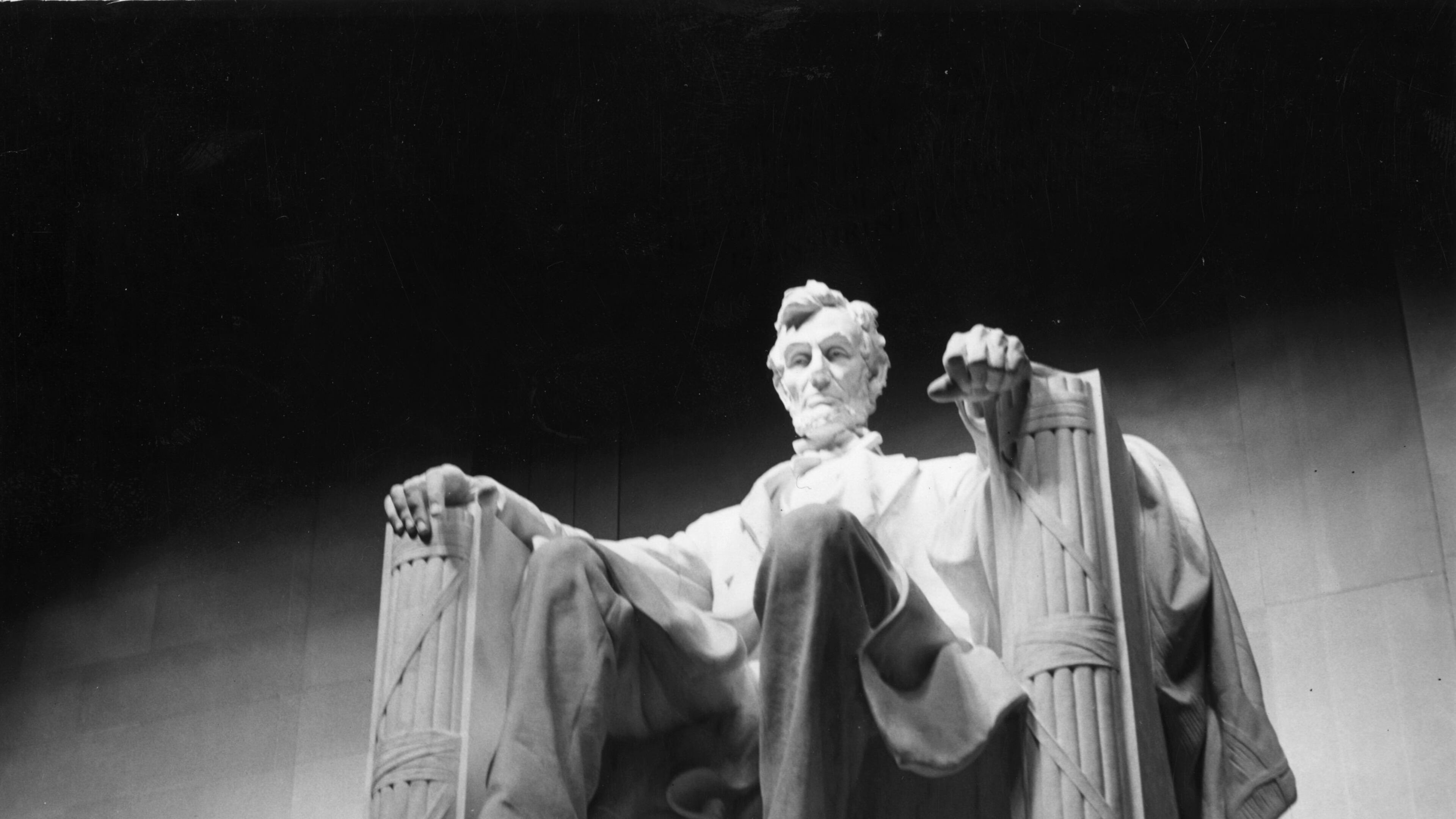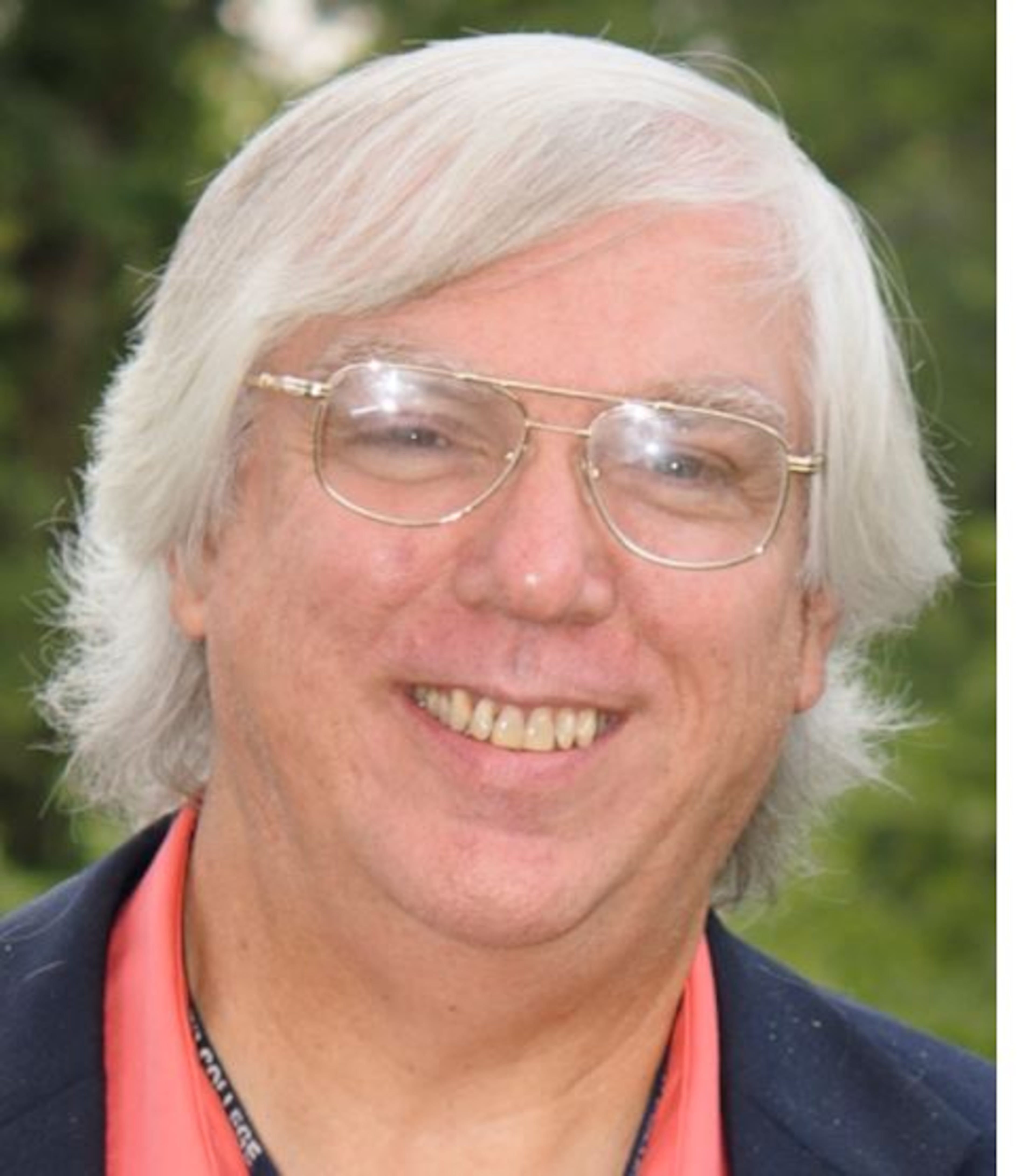Historian: We must make stronger case for college history classes

David Leinweber is an associate professor of history at Oxford College of Emory University. In this piece, he addresses the growing disillusionment with higher education, especially in terms of liberal arts education, history, and the humanities. Leinweber also speaks to what he considers legitimate parent frustration with soaring college tuition.
By David Leinweber
On Nov. 4, 1979, Democratic Senator Ted Kenney sat for an interview with CBS correspondent Roger Mudd. Mudd famously asked, "Why do you want to be President." Kennedy seemed stunned, unprepared to answer Mudd's straightforward question. Kennedy's equivocating answer reflected either an unexamined life or an evasiveness hiding his genuine motives, i.e. vanity and ambition.
Even his political opponents conceded Ted Kennedy was a decent man, an effective senator with a true heart for people. But many observers say his future in American presidential politics ended there in that Roger Mudd interview.
For those of us who teach history at liberal arts colleges, Kennedy’s apparent lack of an actual reason for wanting to be president has some important lessons. Parents paying thousands of dollars in tuition naturally want to know why they should devote time and money to the study of history. If we as historians can’t clearly explain what we are doing, why should anybody listen to us? If we can’t articulate our purpose, others will do it for us, and probably in ways we don’t like.
From ancient times, history has involved storytelling. Historians should tell the important stories and sacred myths of our culture. History isn’t just an exercise in evidence collecting, analysis, and thesis-generation, though these things are indeed important. History is a story we tell the young – a vast body of events, tales and biographies accumulated through centuries of the written word. Posterity has entrusted historians with the sacred task of transmitting this precious legacy. There are certain moments in the narrative that need to be there, as with any great story.
At the undergraduate level, history departments should emphasize broad, foundational survey courses that cover (yes, cover) the principle places, periods, peoples, events, and trends. We can’t be afraid to tell students about landmark battles, rulers, or acts of public legislation. Critics be damned. Survey courses are tried and true. Critics love to mock them. But they haven’t managed to propose a viable alternative that can service as many students, and as well.
First and foremost, undergraduate history should privilege two primary areas, Western civilization and U.S. history. Yes, it is good to reflect diversity. But we can’t re-write the past. American higher education directly derives from Western culture in general, and medieval universities in particular.
History also suffers when schools raise their tuition to such unprecedented levels. High costs can make liberal arts disciplines like history seem a luxury, and a very expensive one at that. When universities charge so much, it’s hard to feed parents some lofty romantic line that money doesn’t matter. Who are we trying to kid? To paraphrase former Georgia Gov. Zell Miller, it’s not worth thousands of dollars to sit in a circle discussing “Beowulf.” Yes, “Beowulf “is a great book. But it’s not that great. We need to lower tuition.

Large swaths of the American population are now expressing a growing ambivalence about the value of university education, if not outright disdain. We can dismiss our critics as a bunch of anti-intellectual yahoos, or worse. But that would be wrong. College is out of reach for millions of Americans. For some, college seems irrelevant, or even hostile. Instead of renouncing, those of us involved in liberal arts education need to reach out.
We need to focus less on training doctors, lawyers, Ph.Ds., and the like. We need to help prepare more young people for noble, decent-paying middle-class jobs where a college education provides tangible benefits, and not just financially -- high-school teachers, coaches, ministers, band directors, county officials, and parents. If higher education no longer pro-actively cares about rank and file kids, we deserve whatever we get in terms of lost prestige, support, and tax advantages.
Many won’t agree with what I’ve said here. That’s OK. Let's have the conversation. Don’t just be negative, though. It’s easy to protest something. Outlining a positive, constructive alternative, with reasonable specifics, is a lot harder.
Above all, let’s avoid the evasive approach to liberal arts education that so hurt Sen. Kennedy’s political aspirations. If we can’t state a clear role for history in the college curriculum, nobody else will do it for us. Nature abhors a vacuum. If we can’t explain what we are doing, and why, history in higher education might well go the way of Sen. Kennedy’s presidential hopes back in 1979. That wouldn’t be good, for historians or for anybody else.



